In 2025, one of the most significant changes to U.S. student visas is the enhanced scrutiny of applicants’ online presence. The U.S. Department of State now requires all F, M, and J visa applicants to disclose their social media handles and set their profiles to public during the application process. Consular officers review online activity to assess potential risks, which has sparked concerns about privacy and overreach.
Visa Appointment Suspensions and Delays
In mid-2025, the U.S. State Department temporarily suspended new student visa appointments as part of a broader review of issuance procedures. Although appointments have resumed, the backlog has caused significant delays, particularly for students from countries facing additional scrutiny. This situation has left many students waiting for extended periods to secure interview slots.
Increased Visa Denials and Revocations
Stricter vetting processes have led to a higher rate of student visa denials and revocations. Thousands of student visas were revoked in 2025, many due to alleged violations of visa conditions or links to groups considered security risks. This has created uncertainty, especially for students from politically unstable regions or those involved in activism.
Impact on Specific Countries and Regions
Certain countries have been more heavily affected by the changes in U.S. student visa policies. Nationals from countries like Iran, Venezuela, and several African nations have encountered full or partial suspensions of visa issuance. This has made it increasingly difficult for students from these regions to obtain visas, and some institutions have even lost eligibility to enroll international students due to the policy changes.
Institutional Responses and Adaptations
U.S. universities are responding by bolstering their international student offices, offering support to help applicants navigate the new visa process. Many institutions provide workshops on understanding the new requirements, social media implications, and digital privacy.
However, the varying levels of institutional support have created disparities in resources for prospective students.
Financial Implications and Scholarships
Tighter visa policies have also led to financial challenges. Extended processing times and additional documentation requirements have increased costs for international students. Moreover, scholarship opportunities have become more competitive due to the reduced number of international students.
Prospective applicants are encouraged to explore multiple funding sources, including university-specific scholarships, government programs, and private organizations.
The stricter U.S. student visa requirements in 2025 present a challenging landscape for international students. While these changes aim to enhance national security, they have raised concerns around privacy, accessibility, and fairness.
Students must stay informed about evolving policies and prepare thoroughly for the application process. With proactive planning and support from educational consultants and university offices, students can still pursue their academic goals in the U.S. despite these new hurdles.

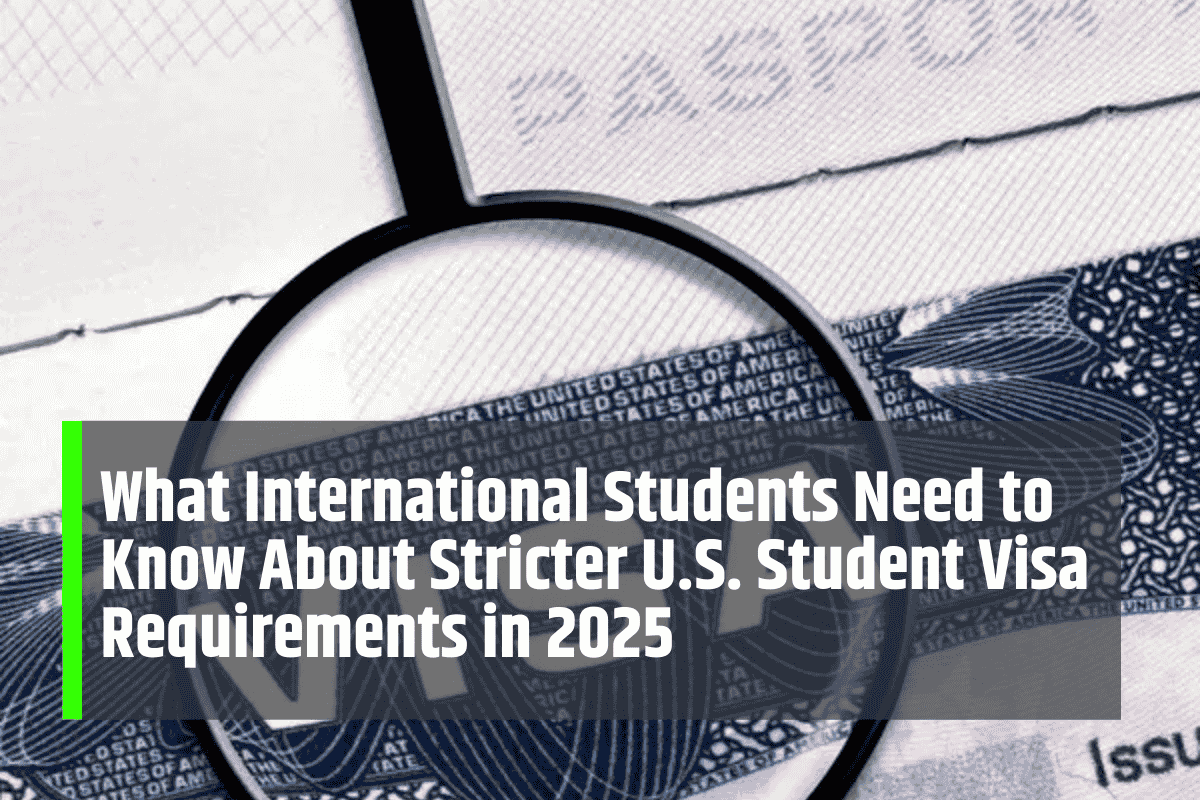
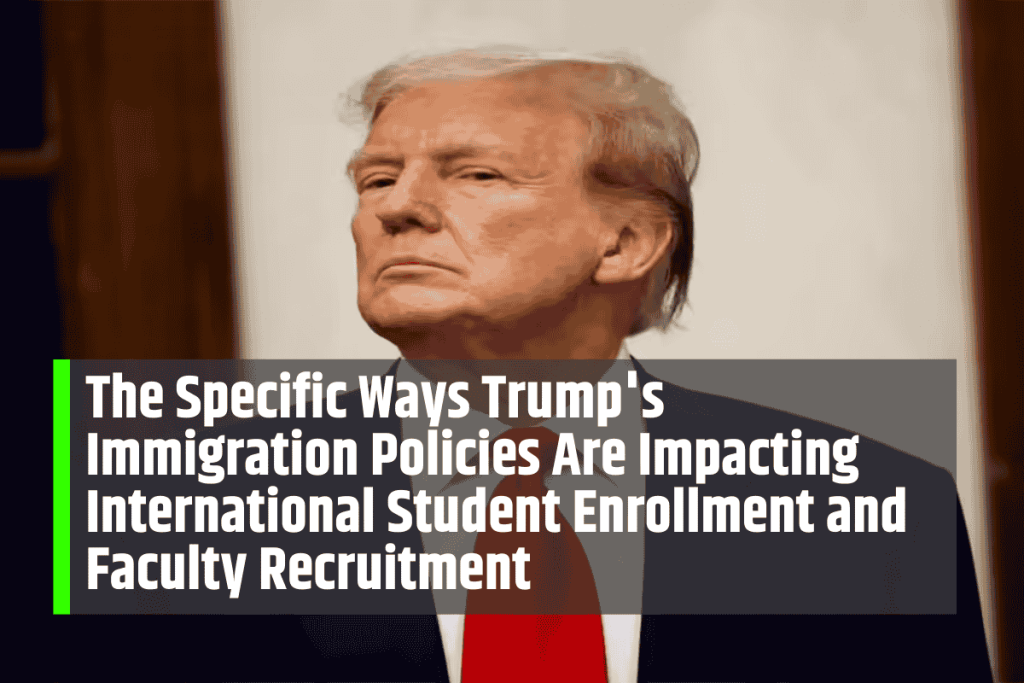

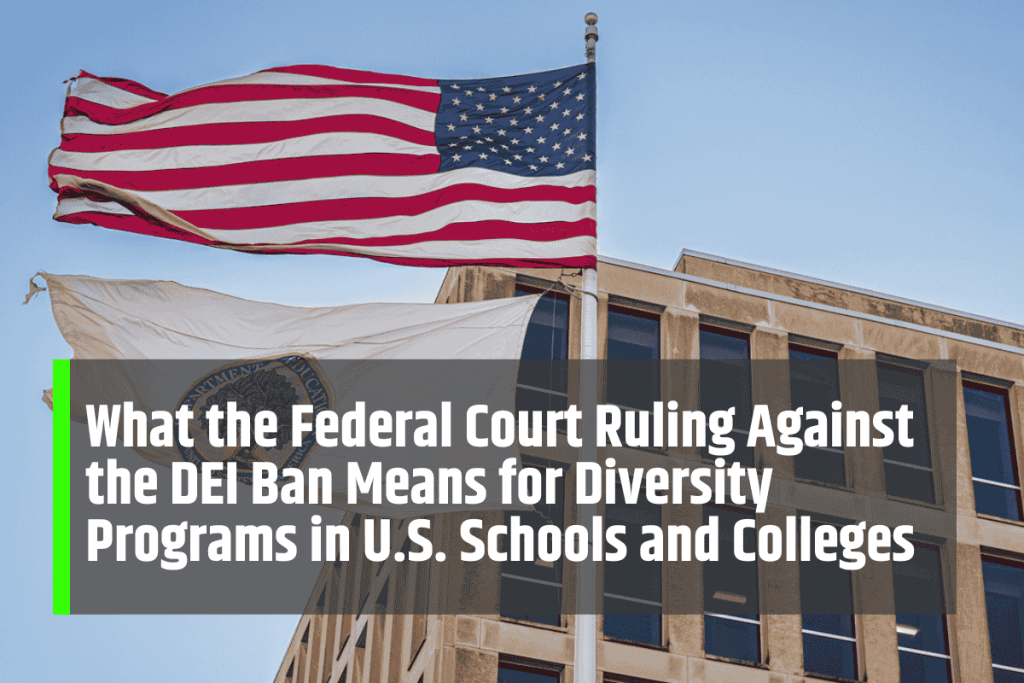
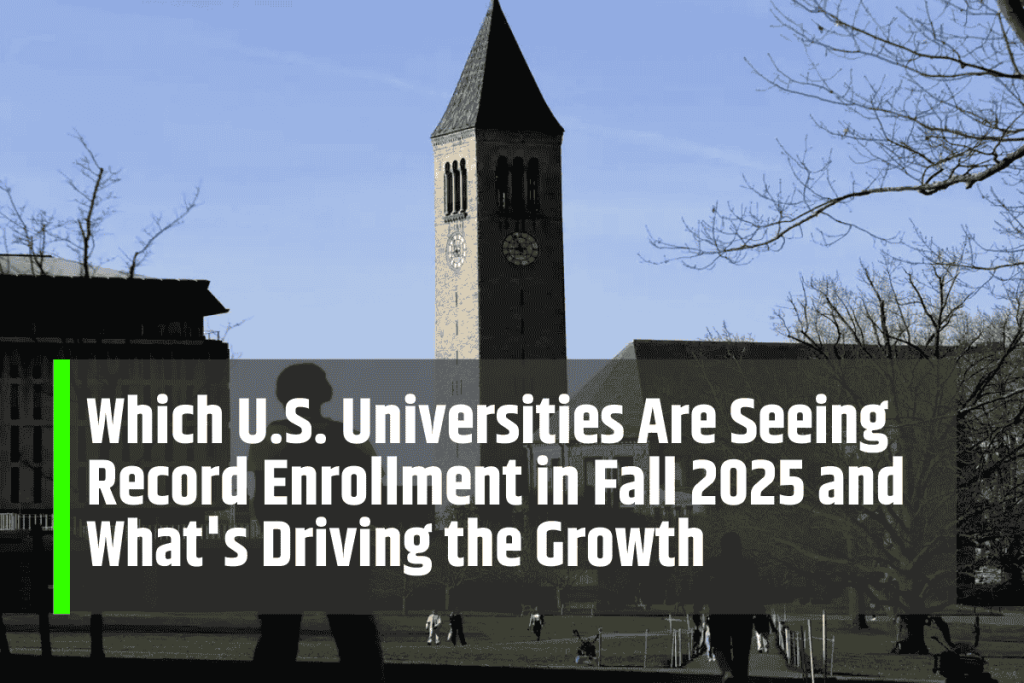
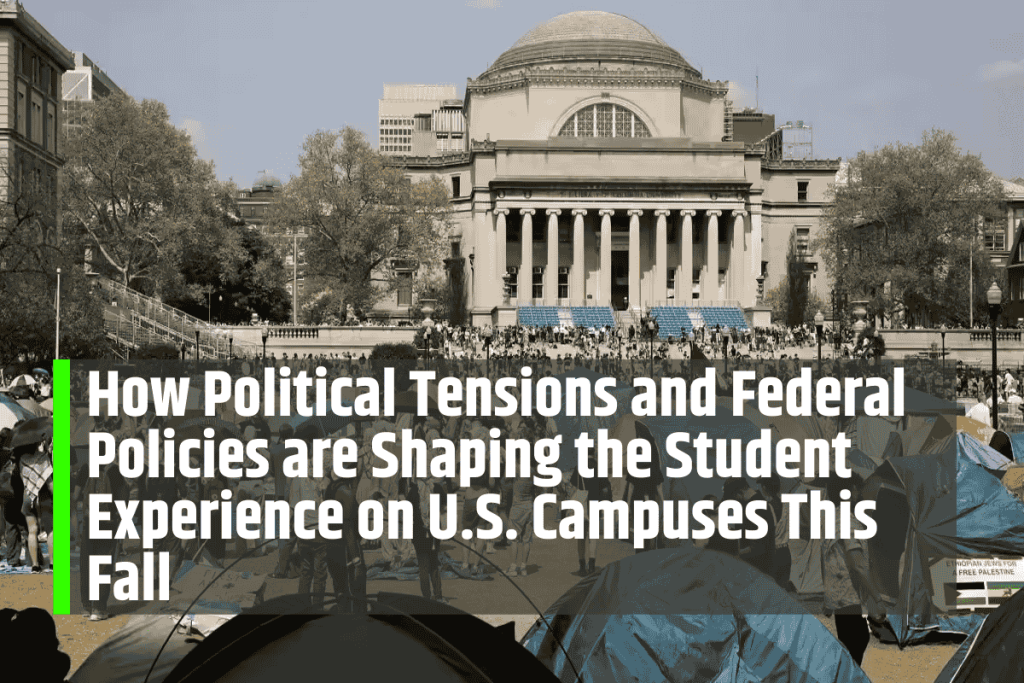
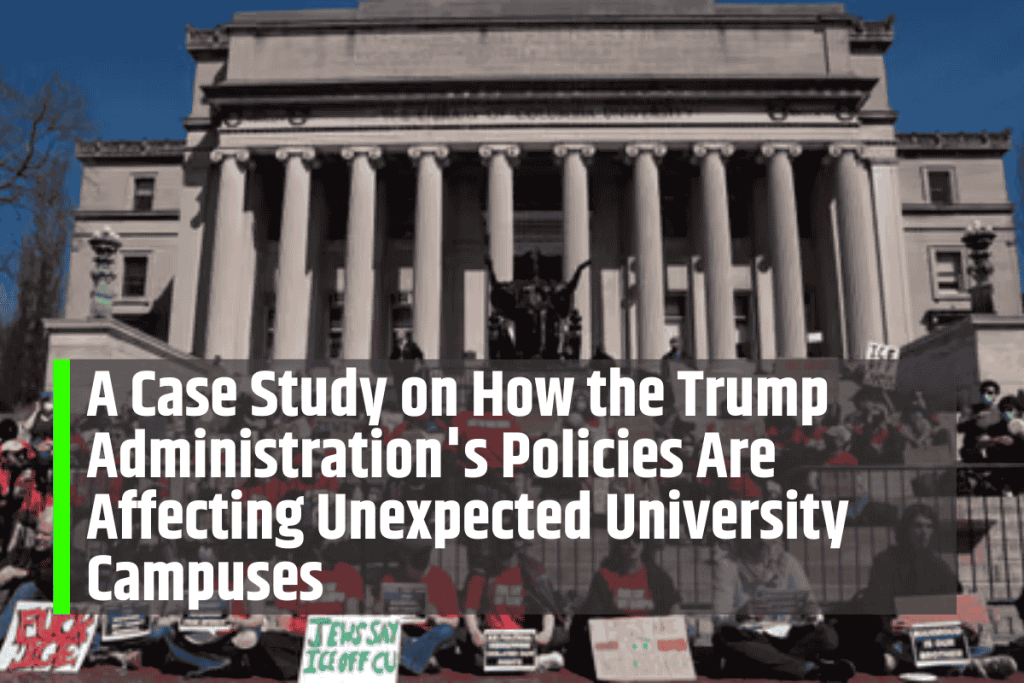
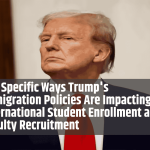

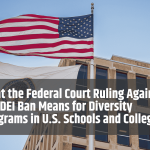
Leave a Comment